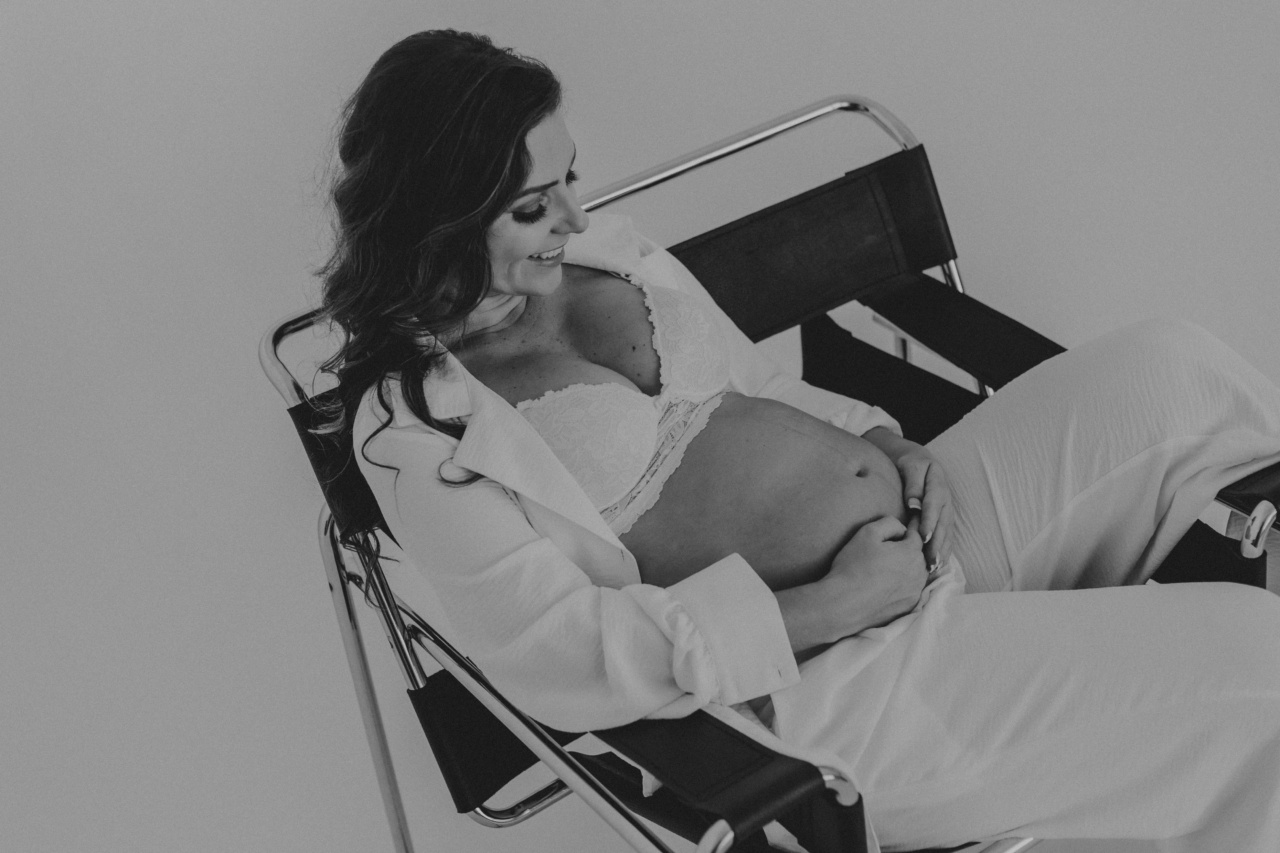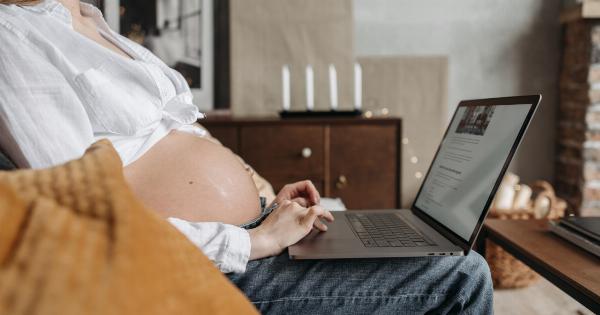Pregnancy cramps are common occurrences during pregnancy, especially in the first and third trimesters. They can be uncomfortable and painful and can interfere with your daily activities.
Cramps can be caused by various factors and it is essential to understand the triggers so that you can manage them effectively.
What Causes Pregnancy Cramps?
There are various reasons why women experience cramps during pregnancy. Here are some of the most common causes:.
1. Implantation Cramps
Implantation cramps occur when a fertilized egg implants itself into the lining of the uterus. This usually happens around six to twelve days after fertilization. The cramps are mild and usually resolve within a few days.
2. Round Ligament Pain
The round ligaments provide support to the uterus, and as the uterus grows, these ligaments stretch and expand, causing pain.
Round ligament pain is common during the second trimester of pregnancy, and the pain is usually felt on one side of the abdomen.
3. Braxton Hicks Contractions
Braxton Hicks contractions are practice contractions that prepare the uterus for labor. They are usually painless and irregular, but some women may experience cramps or mild discomfort.
4. Dehydration
Dehydration can cause muscle cramps in pregnant women. It is essential to drink enough water during pregnancy to avoid dehydration and muscle cramps.
5. Constipation
Constipation is a common pregnancy symptom, and it can cause abdominal cramps. Eating a diet high in fiber and drinking enough water can help prevent constipation and the associated cramps.
10 Tips for Managing Pregnancy Cramps
Here are ten tips to help manage pregnancy cramps:.
1. Stay Hydrated
Drinking enough water can help prevent muscle cramps caused by dehydration. Aim to drink at least eight glasses of water per day.
2. Eat a Balanced Diet
Eating a diet rich in fruits, vegetables, and whole grains can help prevent constipation and the associated cramps.
3. Practice Good Posture
Good posture can help prevent round ligament pain. Practice sitting up straight and avoiding slouching.
4. Exercise Regularly
Regular exercise can help strengthen the muscles and prevent cramps. However, it is essential to consult with your healthcare provider before starting any exercise regimen during pregnancy.
5. Take Warm Baths
Taking a warm bath can help relax the muscles and relieve cramps. Add some Epsom salts to the bath for extra relief.
6. Use a Heating Pad
Applying a heating pad to the affected area can help relieve cramps. However, it is essential to keep the temperature low to prevent burns.
7. Wear a Supportive Belly Band
A supportive belly band can help relieve round ligament pain by providing support to the uterus and reducing stress on the ligaments.
8. Get Plenty of Rest
Resting frequently throughout the day can help reduce cramps and muscle fatigue. Practice good sleep hygiene to ensure you are getting enough rest at night.
9. Practice Prenatal Yoga
Prenatal yoga can help improve flexibility, strengthen the muscles, and reduce stress, all of which can help prevent cramps.
10. Talk to Your Healthcare Provider
If you experience severe or persistent cramps, talk to your healthcare provider. They can help determine the underlying cause and recommend appropriate treatment.































